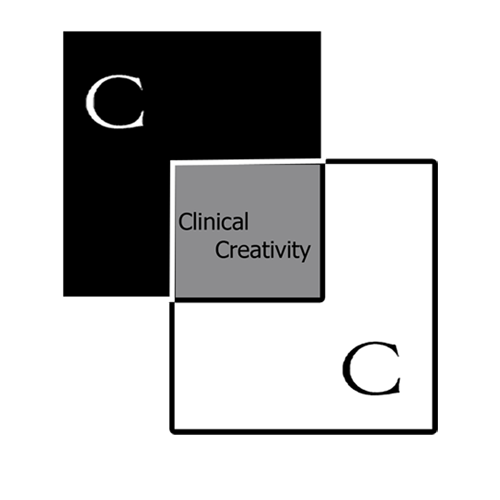I was asked how can we scale general practice the other day.
The person asking was probably one of the most informed people I've met, aware of primary care and all its possibilities, so it wasn't a question I could risk getting wrong.
I bottled it and did not answer at the time, but rather like the bon mot that arrives too late for a real riposte here is my answer.
I'm a GP, you can't make me do anything, and it's often said handling GPs is like herding cats.
If you have owned a cat you know that you get them to do what you want, by getting it to be what they want too. It's usually food with felines and often money with GPs, but the money has gone and we need to deliver high quality, innovative general practice at scale, right now.
I was chatting to a patient the other day or "docsplaining" as my daughter calls it, you know how it goes, assuming that the patient either knows too little or too much, briefed by Dr Google, you start with the explanation that a virus infects a cell and end up with the reason why a cold doesn't need antibiotics.
Anyhow, I was explaining infection rates and why some viruses are more deadly than others, at least as far as I could, and a fluorescent tube flickered in the corridors of my brain.
We can't force any scale into general practice. We need to infect it.
In my simple medical mind that means people need exposure to the idea, contact with a carrier and allowance for the incubation period to follow.
Sometimes the infection will mutate, an example being the story of Apple engineers visiting Xerox, seeing a screen in which the open windows or tiles were stacked neatly and heading back to apple to write that in their OS. Turns out that Xerox hadn't cracked the problem but Apple thought they had.
Sometimes the infection is defeated, usually by previous exposures and a rapid response.
So what does this mean for scalability in General Practice?
Easy.
1) support GPs and others getting out from their own practices and encourage visits to others. Advise appraisers to mention intrapractice visits as a means of generating CPD.
2) Identify the ideas you want to spread and backfill those medics to GO AND SIT AND SWAP with each other. A morning sat with another. GP who does things differently is such a luxury, but ideas are always better spread with trust. A PowerPoint talk and chalk is not as virulent as a sit and swap surgery, especially with a GP shedding ideas like a monkey with Ebola.
3) Celebrate the infection. Such a hard thing for the NHS, we love the " this is our bright idea" awards, but never celebrate the "not invented here but we did it anyway" which is essential for adoption.
4) Do not fix on the original idea. One of the success factors of a good idea, like a virus, is that it should change, ideally as quick as the environment (first principle of sustainability) so for example specifying and contracting for telephone consults will stifle video and virtual consults.
5) Some hosts will reject the idea. It's tue, some ideas will easily result in some GPs leaving, shutting up shop, taking the pension pot home. But those that survive will already have adopted, adapted and improved, they will use the next idea to become stronger still.
I think I've stretched the viral metaphor as far as it will go, the bottom line being you can't force the scale of change required, but you can encourage the close contact required for a good idea to spread.
Pass me a handkerchief I can feel an idea coming on.
